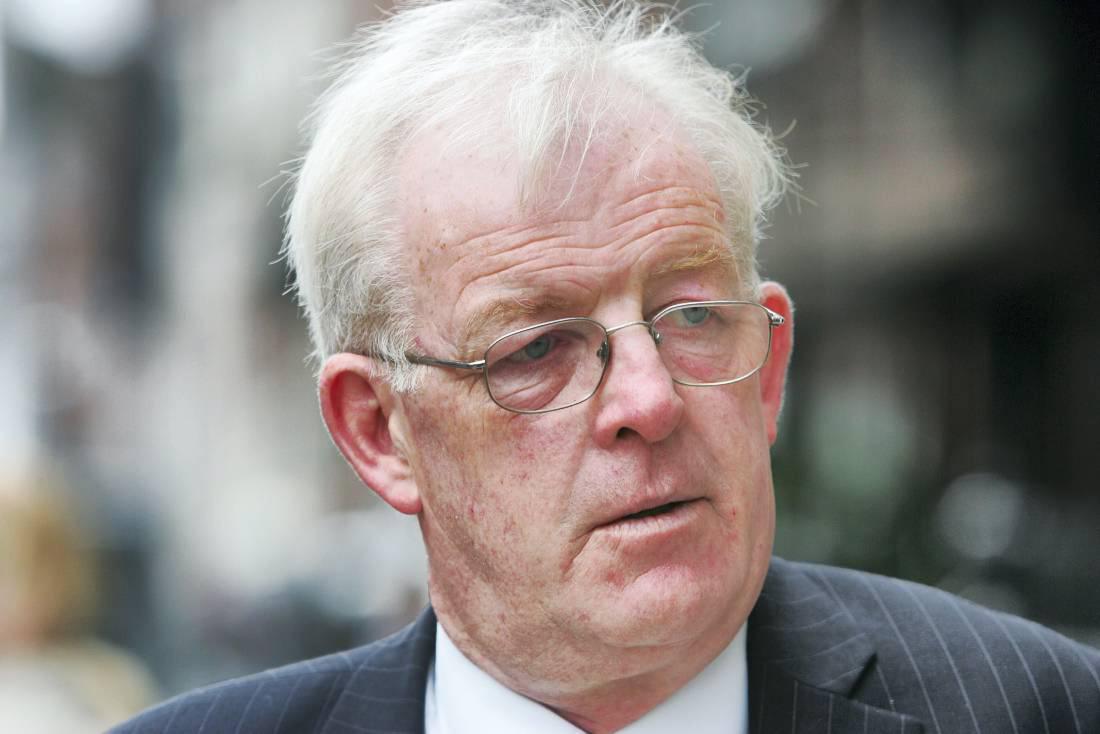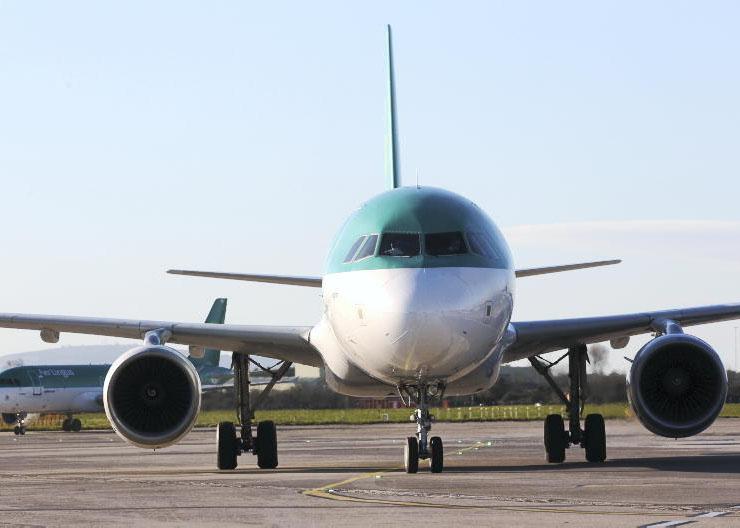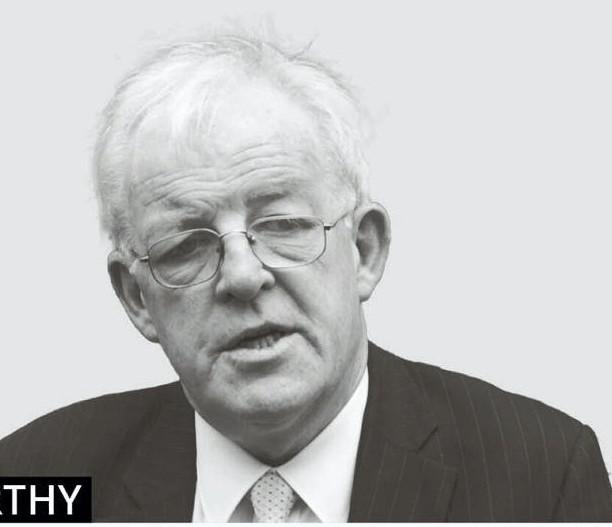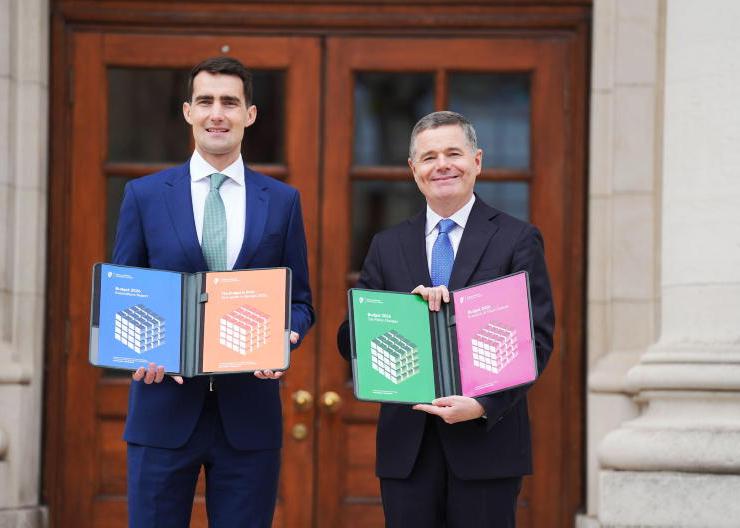Finally, six long years after the downturn commenced, there is persuasive evidence that the economy has begun to recover. The recovery is patchy, seems to be concentrated in Dublin and the major cities, and is in the early stages.
Unemployment remains high and real incomes are not recovering strongly. Private sector debt remains at unsustainable levels and the Government is still borrowing heavily to finance day-to-day spending. But things have certainly stopped getting worse and a patchy recovery is better than scraping along the bottom.
The recovery has two external sources that have not been sufficiently noted. Ireland has strong trade and investment links with the UK and the USA. Both of these economies have been recovering rather better than the eurozone, and Ireland has been fortunate in having economic links outside the eurozone.
In addition, the external value of the euro, including the value in sterling and dollars, has weakened substantially in recent months. This makes Irish exports more competitive in what are key markets for us.
But these could be transitory benefits. The failure to turn the eurozone into a proper monetary union by creating a full banking union and the related failure to agree a centralised macroeconomic strategy for the zone reflect deep political divisions which have not been resolved.
All things considered, the EU countries which chose to stay outside the eurozone and which retained their own national currencies appear to have backed the right horse.
Which is not to say there would have been no bubble in Ireland had euro membership been avoided. All of the ingredients for a bubble were present, but it should have been a smaller bubble outside the euro, since the extravagant foreign borrowing binge by the banks would have been more difficult to fund with exchange rate risk. In addition, there would have been policy options in dealing with the financial crisis which were foreclosed by eurozone membership, including the imposition of losses on unsecured bondholders in bust banks.
Countries which stayed out in 1999, particularly the UK, are celebrating their foresight in declining to catch the falling knife. When Ireland joined without the UK, the then Taoiseach Bertie Ahern answered critics of the move by expressing confidence that the UK would join in due course.
There is now no realistic chance of that happening. Indeed, there is a risk that the UK might quit the EU altogether, a development which would be extremely troublesome for this country.
The response of Irish policymakers to the threat of British withdrawal has been remarkably diffident. Foreign minister Charlie Flanagan addressed the issue in London last week, issuing what was reported as “... a strong plea to Britain to stay in the EU”.
Britain will do whatever it decides and will not pay a blind bit of notice to pleas, however sincere, from this side of the pond.
Advice
The Irish Government should avoid offering free advice to the British electorate and focus instead on what Ireland’s negotiating position should be if British exit from the EU begins to look like a serious possibility.
Barring accidents, the next Irish general election should be towards the end of 2015 or in early 2016. It will be clear by then whether the UK will actually be having an in/out referendum on EU membership. This will happen only if the Conservatives win the UK general election, which is just six months away.
They are odds against to do so and a Labour victory, or a hung parliament (the bookies’ favourite) would probably mean no referendum in 2017 as promised by the Tories. But the genie is out of the bottle and permanent UK membership in the EU can no longer be taken as a certainty.
Neither can the indefinite survival of the eurozone.
The system is not a fully-designed monetary union like the United States. It is just a common currency area lacking a central bank with the full range of powers. This was illustrated by the involvement of the IMF in financing the emergency lending required by four of the small eurozone members.
It looks as if the next Irish general election will be another competition about tax and spending promises, based on distributing the proceeds of a recovery which is in its infancy and may not endure.
Meanwhile, some serious issues of foreign policy are not discussed.









SHARING OPTIONS